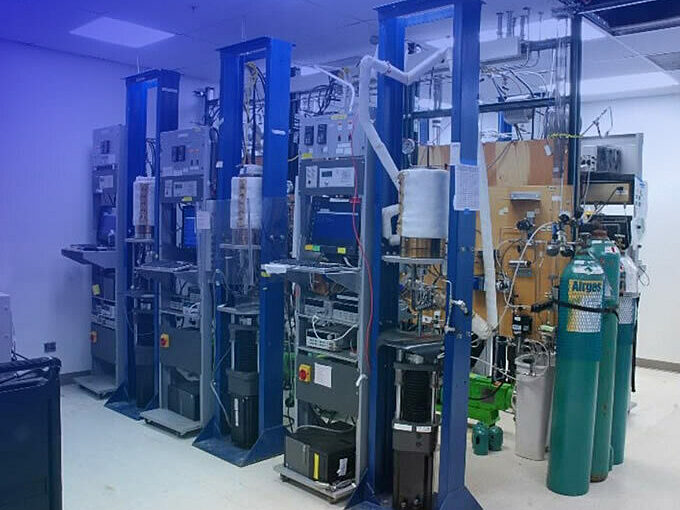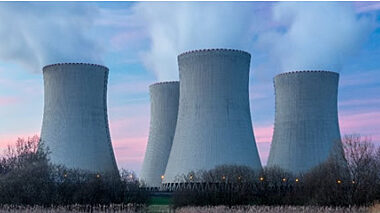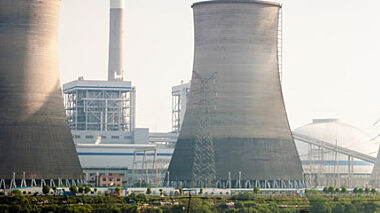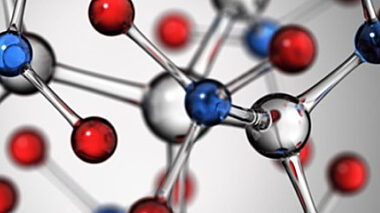Creep & Stress Rupture Testing Services for the Nuclear Industry
Creep and rupture tests are utilised to evaluate and predict the time-dependent behaviour of materials at elevated temperatures under applied stress in tensile or compression. Deformation is measured as a function of time.
Understanding material properties is essential for designing nuclear safety-related components and systems used during processing, transport, and storage.

We can use this data to:
- Develop advanced materials that are fit for purpose
- Develop operating limits for existing materials in new environments
- Predict how joining techniques will perform under real-life conditions
- Estimate service life
- Develop maintenance schedules and reduce the risk of catastrophic failures of equipment under high-temperature and stress conditions
Lucideon has 22 creep / stress rupture test stands available, that can test specimens up to 10-1/8" in length ranging from carbon steel alloys and stainless steels to Inconel alloys. Tests may be conducted up to 1650°F in temperature and 10,000 lbs in load. Temperature and creep readings are recorded and monitored continuously to ensure accuracy of results.
ASTM test methods
- ASTM D2990 Compressive Creep and Creep-Rupture of Plastics
- ASTM E139 Creep, Creep-Rupture & Stress Rupture Tests of Metallic Materials
- ASTM E292 Conducting Time-for-Rupture Notch Tension Tests of Materials
- ASTM E328 Stress Relaxation for Materials and Structures.



